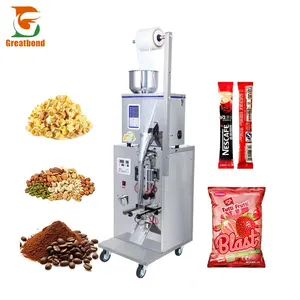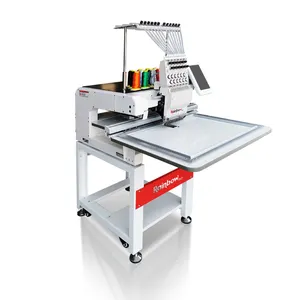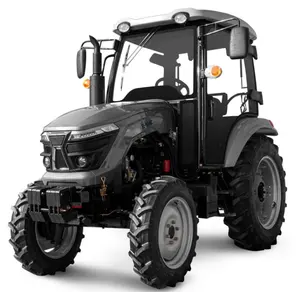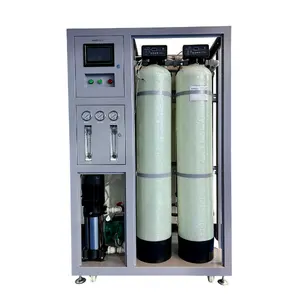Popular in your industry












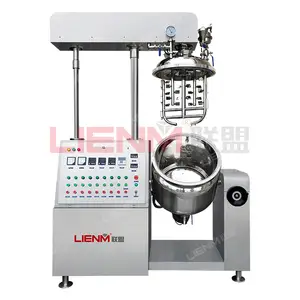












































Related Searches:


























































































































Top categories
About detergent soap production process
Understanding the Detergent Soap Production Process
When it comes to the detergent soap production process, it involves a series of steps to create high-quality detergent products. This process typically includes the selection of raw materials, mixing, drying, packaging, and distribution. Each step plays a crucial role in ensuring the final product meets quality standards and customer expectations.
Key Steps in Washing Powder Manufacturing
The first step in washing powder manufacturing is selecting the right raw materials such as surfactants, builders, and additives. Surfactants help in removing dirt and stains, while builders assist in water softening and stain removal. Additives like enzymes and brighteners enhance the detergent's performance. Once the raw materials are gathered, they undergo mixing to create a homogenous detergent mixture.
Efficient Detergent Production Techniques
Efficient detergent production techniques are essential to streamline the manufacturing process and increase productivity. One common technique is spray drying, where the detergent mixture is sprayed into a hot chamber, allowing for quick drying and forming of detergent granules. Another technique is agglomeration, which involves the mixing of dry detergent powder with liquid ingredients to form detergent agglomerates.
Importance of Manufacture of Soap and Detergent
The manufacture of soap and detergent is crucial for meeting the demand for cleaning products in various industries. Soap and detergents are used not only for household cleaning but also in industrial settings such as laundry services, hospitality, and healthcare. By ensuring efficient manufacturing processes, companies can meet market demands and maintain product quality.
Enhancing Production of Soap and Detergent
Enhancing the production of soap and detergent involves continuous improvements in the manufacturing process to optimize efficiency and reduce costs. One way to enhance production is by investing in automated systems that can handle mixing, drying, and packaging with minimal human intervention. Additionally, incorporating quality control measures at each production stage can help maintain product consistency and meet industry standards.
In conclusion, understanding the detergent soap production process and implementing efficient washing powder manufacturing techniques are essential for producing high-quality cleaning products. By focusing on the key steps in detergent production and continuously enhancing manufacturing processes, companies can meet market demands and deliver effective cleaning solutions.
